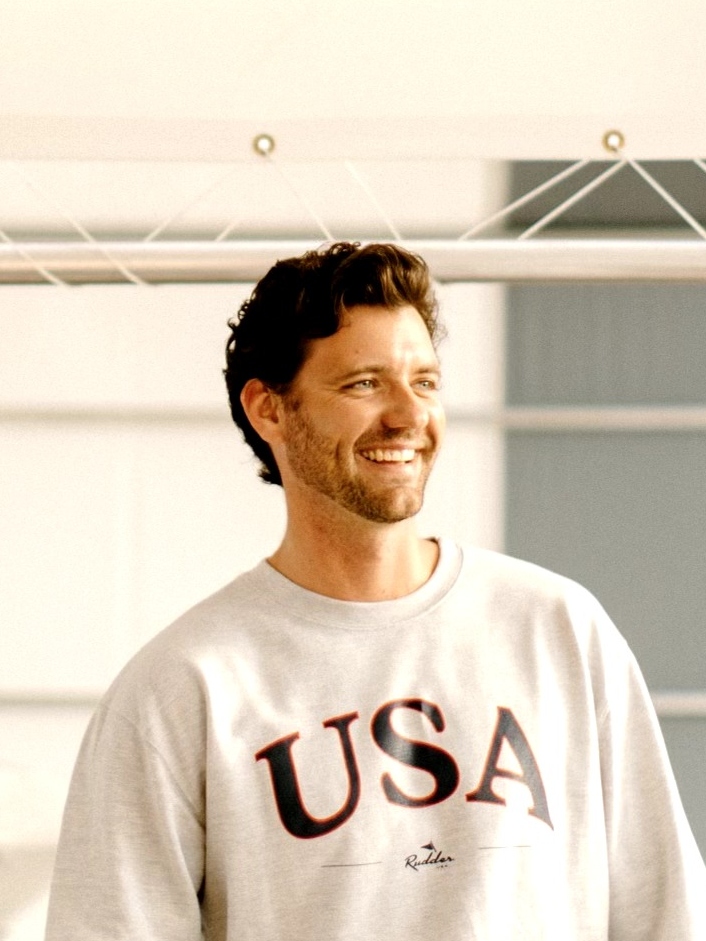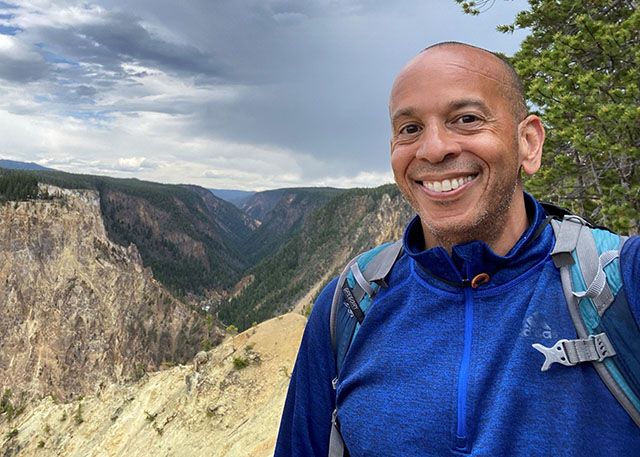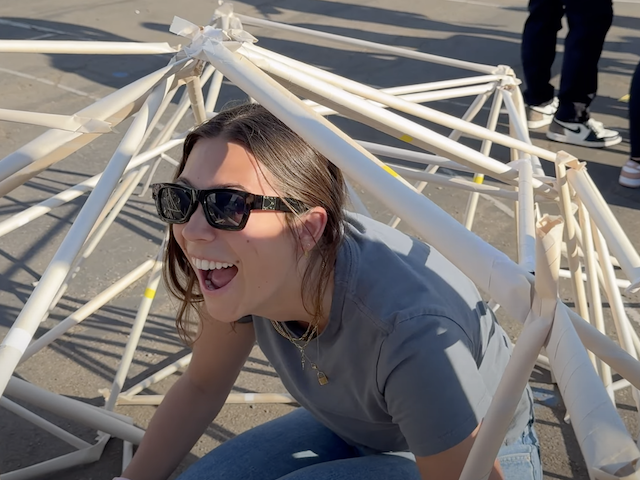New Video, Answering the Call, Showcases Leaders Focused on San Diego’s Changing Climate

San Diego (March 18, 2015) - Furthering the work of “San Diego, 2050 Is Calling. HOW WILL WE ANSWER?” – a first-ever collaboration among community leaders and world-renowned scientists – the new video highlights regional efforts for maintaining San Diego’s quality of life by addressing climate impacts.
Working with policymakers, business and community leaders, environmentalists and climate scientists, Climate Education Partners (San Diego Region) released Answering the Call, a new video connecting the efforts of local scientists and regional leaders, working together on efforts to maintain San Diego’s quality of life and strong economy by addressing the impacts of the region’s changing climate.
San Diego County Board of Supervisor Ron Roberts, featured in Answering the Call, opens with his view, “Quality of life is why we’re here. It’s what everybody wants. We want clean air. We want clean water. We want our beaches and bays to be clean and even our mountains and our streams.”
“Leaders from all sectors of our economy are coming together to prepare for and respond to our impact on the planet,” continues former city of Chula Vista Mayor Cheryl Cox, also featured in the video. From the business community, Chamber of Commerce President and CEO Jerry Sanders adds, “We’ve seen business really try to adapt. The innovation has just been unbelievable. We’re one of the leaders in [innovation] in the United States and, in fact, in the world.”
Answering the Call and the 2050 Report address the importance of the regional economy and how preparing for the impacts of a changing climate will help the San Diego region stay ahead of the challenges it and other communities throughout the nation are facing.
The 2050 Report and Answering the Call represent a first-of-its-kind approach for scientists and community, business and government leaders working together to solve the problems of a changing climate. California’s 52nd District U.S. Congressman Scott Peters speaks in Answering the Call to the importance of San Diego’s leadership as a national leader with this type of collaborative, “Climate Educations Partners is an example of a collaboration that is happening in the San Diego region that really could teach some lessons to other places around the country.”
Bring together a wide range of community leaders, Answering the Call also features San Diego Convention Center President and CEO Carol Wallace, San Diego Unified Port Commissioner Rafael Castellanos, San Diego County Farm Bureau President Julie Walker and San Diego County Water Authority General Manager Maureen Stapleton, among others.
Answering the Call continues the work reported in “San Diego, 2050 Is Calling. HOW WILL WE ANSWER?” This report was released by Climate Education Partners and The San Diego Foundation in June 2014. Using a practical, solutions-oriented approach to the impacts of the region’s changing climate, Answering the Call and the 2050 Report balance up-to-date local climate science with thoughts and perspectives from leaders across a wide diversity of communities and sectors, including healthcare, fire-preparedness and public safety, water, transportation and the economy.
Emily Young, PhD, Vice President of Community Impact at The San Diego Foundation, agrees. “I know that working together on a local level we protect our quality of life. I raised my children here, and I want their children to know a San Diego region and quality of life that is every bit as wonderful as we have today.”
Climate Education Partners also created a website, which includes a downloadable copy of the 2050 Report, as well as more information and research supporting the science included in the report. The site also includes a wide range of options for community leaders to consider in their climate planning and actions.
The San Diego Foundation produced its first report on this topic in 2008, titled, “San Diego’s Changing Climate: A Regional Wake-up Call.” The updated report (2014) was developed under the leadership of The San Diego Foundation as a key educational resource of Climate Education Partners, one of only six National Science Foundation-funded projects dedicated to exploring new ways to communicate climate change science to diverse audiences. Print copies of the report are available by contacting Brian Teng at (619) 260.4290 or climate@sandiego.edu.
Climate Education Partners has focused its efforts on regional leaders so they can work together with scientists to dialogue and discuss potential solutions and strategies to address the regional impacts from our changing climate. Climate Education Partners includes scientists and educators from the University of San Diego (USD) and Scripps Institution of Oceanography at UC San Diego, social and behavioral psychologists from the University of California San Francisco and California State University San Marcos, strategic community planners from The San Diego Foundation and strategic communication experts from The Steve Alexander Group. More information on Climate Education Partners is available at sandiego.edu/climate.
Answering the Call is available on YouTube.
About Climate Education Partners
Climate Education Partners is a collaboration of professors, scientists, researchers, educators, communications professionals, and community leaders who think San Diego is a special place and believe that future generations deserve to enjoy the San Diego we know and love, with its natural beauty and ideal weather. The group works with local civic, business, government, and education leaders to communicate the causes of climate change, its impacts in our region, and options for how to adapt to or prevent those impacts. For more information about this project, visit www.sandiego.edu/climate.
About USD
The University of San Diego (USD) is a Catholic institution of higher learning committed to teaching, the liberal arts, the formation of values and the creation of ethical leaders. Chartered in 1949, the school enrolls approximately 8,300 undergraduate and graduate full-time equivalent students. USD has a long history of public service and was recently recognized as a Changemaker Campus by Ashoka, the global association of the world’s leading social entrepreneurs. The university’s eight academic divisions include the College of Arts and Sciences, the schools of Business Administration, Engineering, Law, Leadership and Education Sciences, Nursing and Health Sciences, Peace, and the Division of Professional and Continuing Education. For more information about the University of San Diego, go to www.sandiego.edu.
About The San Diego Foundation
Founded in 1975, The San Diego Foundation’s purpose is to promote and increase effective and responsible charitable giving. The Foundation manages more than $660 million in assets, more than half of which reside in permanent endowment funds that extend the impact of today’s gifts to future generations. Since its inception, The Foundation has granted more than $908 million to the San Diego region’s nonprofit community. For additional information, please visit The San Diego Foundation at www.sdfoundation.org.
About California State University San Marcos
California State University San Marcos is a new kind of CSU — fully engaged in the community, technologically sophisticated, and dedicated to teaching future generations through a relevant curriculum with a global perspective. CSUSM includes high quality, close instruction at three colleges and a school of nursing, a technology-rich campus, more than 80 student clubs and organizations, the Clarke Field House and an active Associated Students, Inc. and 304 rolling acres nestled into the foothills above the city of San Marcos, and a short distance to the beaches of the Pacific Ocean and the Mexican border. For more information on California State University San Marcos, visit www.csusm.edu.
About Scripps Institution of Oceanography
Scripps Institution of Oceanography is one of the oldest, largest, and most important centers for ocean and earth science research, education, and public service in the world. Research at Scripps Institution of Oceanography encompasses physical, chemical, biological, geological, and geophysical studies of the oceans and earth. For more information on Scripps Institution of Oceanography, visit www.sio.ucsd.edu.
About The Steve Alexander Group
The Steve Alexander Group includes the talented professionals who bring decades of award-winning experience in creative strategic planning, strategic communications, board and leadership development, conflict resolution, collaborative problem solving and team-building, facilitation and mediation and media training and crisis communications. For more information on The Steve Alexander Group, visit www.alexanderpa.com.
About UCSF
UCSF is the nation's leading university exclusively focused on health. Now celebrating the 150th anniversary of its founding as a medical college, UCSF is dedicated to transforming health worldwide through advanced biomedical research, graduate-level education in the life sciences and health professions, and excellence in patient care. It includes top-ranked graduate schools of dentistry, medicine, nursing and pharmacy; a graduate division with world-renowned programs in the biological sciences, a preeminent biomedical research enterprise and top-tier hospitals, UCSF Medical Center and UCSF Benioff Children's Hospitals. For more information on the University of California San Francisco, visit www.ucsf.edu.
This project is funded by National Science Foundation award DUE-1239797. Any opinions, findings, and conclusions or recommendations expressed in this material are those of the author(s) and do not necessarily reflect the views of the National Science Foundation.
Download Attachment (pdf)
Contact:
Brian Teng
bteng@sandiego.edu
(619) 260-4290



